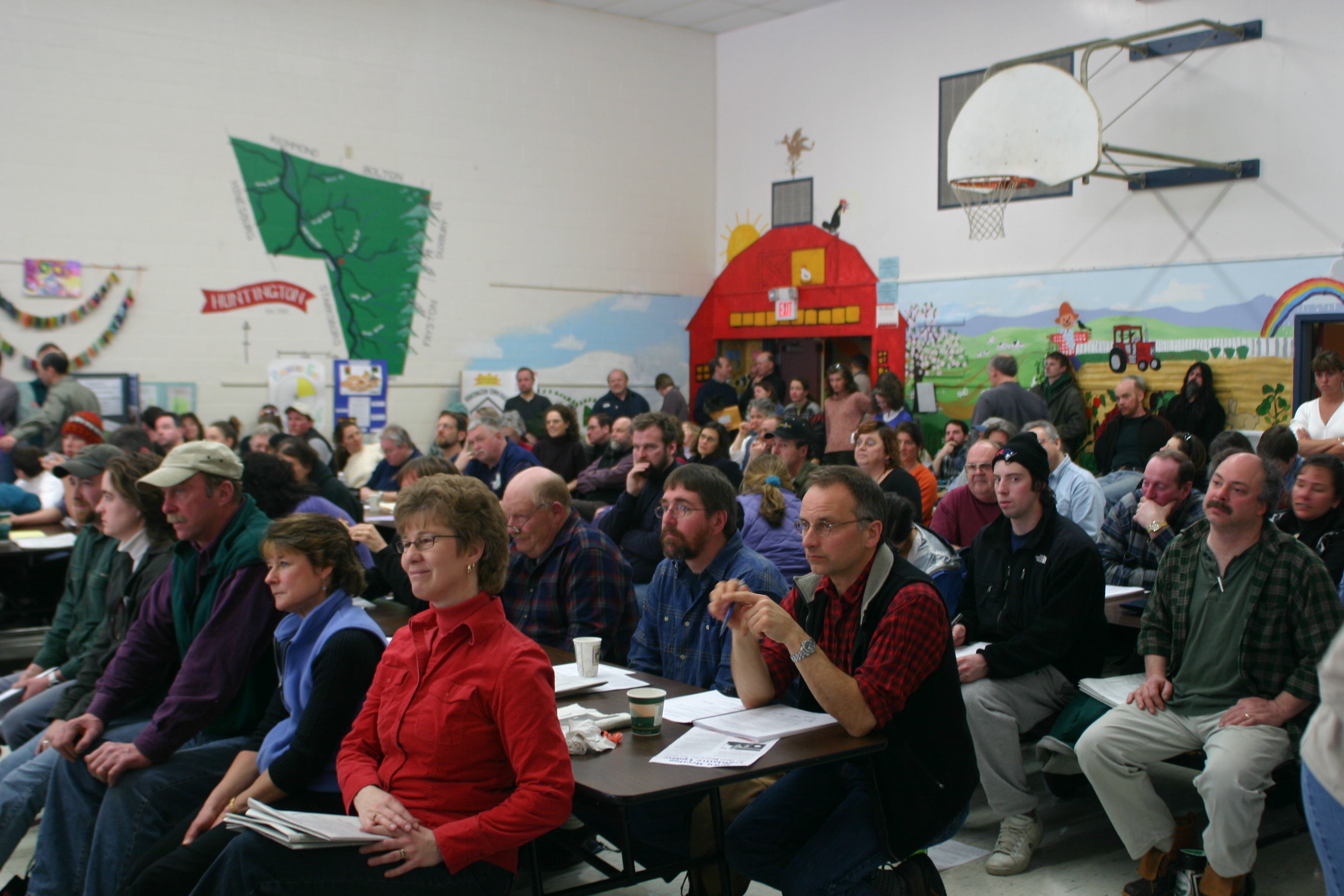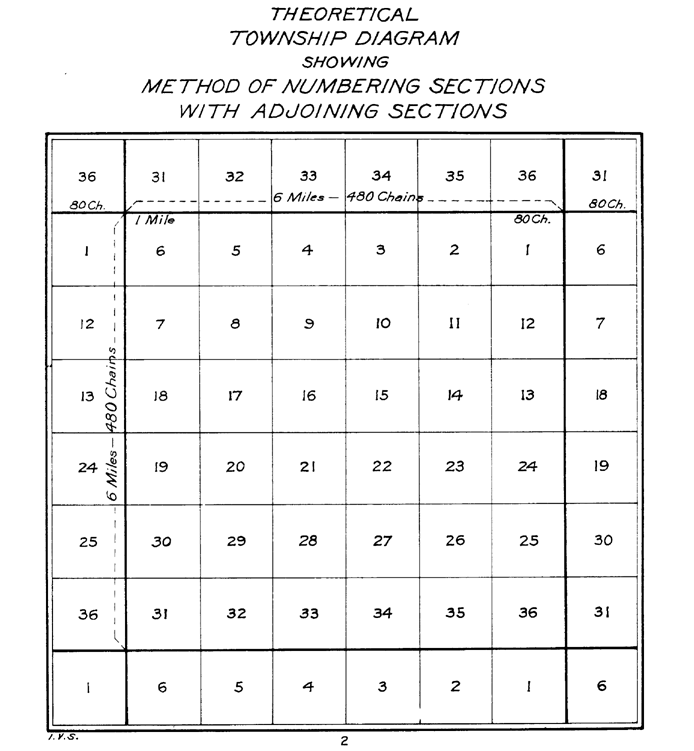|
Township (New Jersey)
A township, in the context of local government in New Jersey, New Jersey local government, refers to one of five ''types'' and one of eleven ''forms'' of local government, municipal government. As a political entity, a township in New Jersey is a full-fledged municipality, on par with any Town (New Jersey), town, City (New Jersey), city, Borough (New Jersey), borough, or Village (New Jersey), village. They collect property taxes and provide services such as maintaining roads, garbage collection, water, sewer, schools, police and fire protection. The Township form of local government is used by 27% of New Jersey municipalities; however, slightly over 50% of the state's population resides within them. Townships in New Jersey differ from Civil township, townships elsewhere in the United States. In many states, townships can be an intermediate form of government, between county government and municipalities that are subordinate parts of the township, with different government respon ... [...More Info...] [...Related Items...] OR: [Wikipedia] [Google] [Baidu] |
Local Government In New Jersey
Local government in New Jersey is composed of counties and municipalities. Local jurisdictions in New Jersey differ from those in some other states because every square foot of the state is part of exactly one municipality; each of the 564 municipalities is in exactly one county; and each of the 21 counties has more than one municipality. New Jersey has no independent cities, or consolidated city-counties. The forms of municipality in New Jersey are more complex than in most other states, though, potentially leading to misunderstandings regarding the governmental nature of an area and what local laws apply. All municipalities can be classified as one of five types of local government—Borough, City, Township, Town, and Village—and one of twelve forms of government, the first five being historically associated with the five types of government and the other seven being non-standard "optional" forms provided by the New Jersey Legislature. To make matters more complex, Ne ... [...More Info...] [...Related Items...] OR: [Wikipedia] [Google] [Baidu] |
Town Meeting
Town meeting is a form of local government in which most or all of the members of a community are eligible to legislate policy and budgets for local government. It is a town- or city-level meeting in which decisions are made, in contrast with town hall meetings held by state and national politicians to answer questions from their constituents, which have no decision-making power. Town meeting has been used in portions of the United States, principally in New England, since the 17th century. The format has been characterized as an example of deliberative democracy, and served as a prominent case study in democratic theory. Overview Town meeting is a form of local government practiced in the U.S. region of New England since colonial times and in some western states since at least the late 19th century. Typically conducted by New England towns, ''town meeting'' can also refer to meetings of other governmental bodies, such as school districts or water districts. While the us ... [...More Info...] [...Related Items...] OR: [Wikipedia] [Google] [Baidu] |
List Of Municipalities In New Jersey
New Jersey is a state located in the Northeastern United States. According to the 2020 United States Census, New Jersey is the 11th most populous state with inhabitants but the 5th smallest by land area spanning . , New Jersey is divided into 21 counties and contains 564 municipalities consisting of five types: 253 boroughs, 52 cities, 15 towns, 241 townships, and 3 villages. The largest municipality by population in New Jersey is Newark with 311,549 residents whereas the smallest is Walpack Township with 7 residents. Like most Northeastern states, all territories within New Jersey are incorporated. List of municipalities NewarkNJ 7 2010.JPG, Newark, largest city by population in New Jersey Manhattan New York City 2009 PD 20091129 151.JPG, Jersey City is the second largest city by population in New Jersey. Downtown-paterson-nj2.jpg, Paterson, New Jersey's third largest city by population File-UnionCoCourtHouse.JPG, Elizabeth is New Jersey’s fourth largest city by ... [...More Info...] [...Related Items...] OR: [Wikipedia] [Google] [Baidu] |
Township (United States)
A township in some states of the United States is a small geographic area. The term is used in three ways. #A survey township is simply a geographic reference used to define property location for deeds and grants as surveyed and platted by the General Land Office (GLO). A survey township is nominally six by six miles square, or 23,040 acres. #A civil township is a unit of local government, generally a civil division of a county. Counties are the primary divisional entities in many states, thus the powers and organization of townships varies from state to state. Civil townships are generally given a name, sometimes written with the included abbreviation "Twp". #A charter township, found only in the state of Michigan, is similar to a civil township. Provided certain conditions are met, a charter township is mostly exempt from annexation to contiguous cities or villages, and carries additional rights and responsibilities of home rule. Survey townships Survey townships are genera ... [...More Info...] [...Related Items...] OR: [Wikipedia] [Google] [Baidu] |
Township
A township is a kind of human settlement or administrative subdivision, with its meaning varying in different countries. Although the term is occasionally associated with an urban area, that tends to be an exception to the rule. In Australia, Canada, Scotland and parts of the United States, the term refers to settlements too small or scattered to be considered urban. Australia ''The Australian National Dictionary'' defines ''township'' as: "A site reserved for and laid out as a town; such a site at an early stage of its occupation and development; a small town". The term refers purely to the settlement; it does not refer to a unit of government. Townships are governed as part of a larger council (such as that of a shire, district or city) or authority. Canada In Canada, two kinds of township occur in common use. *In Eastern Canada, a township is one form of the subdivision of a county. In Canadian French, this is a . Townships are referred to as "lots" in Prince Edwar ... [...More Info...] [...Related Items...] OR: [Wikipedia] [Google] [Baidu] |
Essex County, New Jersey
Essex County is located in the northeastern part of New Jersey. As of the 2020 U.S. census, the county's population was 863,728, making it the state's second-most populous county, behind Bergen and Middlesex Counties.Annual and Cumulative Estimates of Resident Population Change for Counties in New Jersey and County Rankings: April 1, 2020 to July 1, 2021 . Accessed June 1, 2022. Its |
New Brunswick, New Jersey
New Brunswick is a city in and the seat of government of Middlesex County, in the U.S. state of New Jersey.New Jersey County Map . Accessed July 10, 2017. The city is the home of Rutgers University. The city is both a regional commercial hub for and a prominent and growing |
Rutgers University Press
Rutgers University Press (RUP) is a nonprofit academic publishing house, operating in New Brunswick, New Jersey under the auspices of Rutgers University. History Rutgers University Press, a nonprofit academic publishing house operating in New Brunswick, New Jersey, under the auspices of Rutgers University, was founded on March 26, 1936. Since then, the press has grown in size and the scope of its publishing program. Among the original areas of specialization were Civil War history and European history. The press’ current areas of specialization include sociology, anthropology, health policy, history of medicine, human rights, urban studies, Jewish studies, American studies, film and media studies, the environment, and books about New Jersey and the mid–Atlantic region. The press consists of a small team of 18 full-time staff members. Publishing partnerships In 2018, Rutgers University Press entered into a partnership with Bucknell University Press. In 2021, Rutgers Uni ... [...More Info...] [...Related Items...] OR: [Wikipedia] [Google] [Baidu] |
Mayor
In many countries, a mayor is the highest-ranking official in a municipal government such as that of a city or a town. Worldwide, there is a wide variance in local laws and customs regarding the powers and responsibilities of a mayor as well as the means by which a mayor is elected or otherwise mandated. Depending on the system chosen, a mayor may be the chief executive officer of the municipal government, may simply chair a multi-member governing body with little or no independent power, or may play a solely ceremonial role. A mayor's duties and responsibilities may be to appoint and oversee municipal managers and employees, provide basic governmental services to constituents, and execute the laws and ordinances passed by a municipal governing body (or mandated by a state, territorial or national governing body). Options for selection of a mayor include direct election by the public, or selection by an elected governing council or board. The term ''mayor'' shares a linguistic o ... [...More Info...] [...Related Items...] OR: [Wikipedia] [Google] [Baidu] |
Direct Democracy
Direct democracy or pure democracy is a form of democracy in which the electorate decides on policy initiatives without elected representatives as proxies. This differs from the majority of currently established democracies, which are representative democracies. The theory and practice of direct democracy and participation as its common characteristic was the core of work of many theorists, philosophers, politicians, and social critics, among whom the most important are Jean Jacques Rousseau, John Stuart Mill, and G.D.H. Cole. Overview In direct democracy, the people decide on policies without any intermediary or representative, whereas in a representative democracy people vote for representatives who then enact policy initiatives. Depending on the particular system in use, direct democracy might entail passing executive decisions, the use of sortition, making laws, directly electing or dismissing officials, and conducting trials. Two leading forms of direct democracy ... [...More Info...] [...Related Items...] OR: [Wikipedia] [Google] [Baidu] |
Local Government
Local government is a generic term for the lowest tiers of public administration within a particular sovereign state. This particular usage of the word government refers specifically to a level of administration that is both geographically-localised and has limited powers. While in some countries, "government" is normally reserved purely for a national administration (government) (which may be known as a central government or federal government), the term local government is always used specifically in contrast to national government – as well as, in many cases, the activities of sub-national, first-level administrative divisions (which are generally known by names such as cantons, provinces, states, oblasts, or regions). Local governments generally act only within powers specifically delegated to them by law and/or directives of a higher level of government. In federal states, local government generally comprises a third or fourth tier of government, whereas in unitary st ... [...More Info...] [...Related Items...] OR: [Wikipedia] [Google] [Baidu] |
The Township Act Of 1798
The Township Act of 1798 ("An Act incorporating the Inhabitants of Townships, designating their Powers, and regulating their Meetings", PL 1798, p. 289) is an Act passed by New Jersey Legislature on February 21, 1798, that formally incorporated 104 municipalities in 13 counties in New Jersey. It set standards on format for government of townships. The act was largely replaced by subsequent laws. Township government The Act created towns with a direct democracy form that resembled the early New England town meeting. At the annual town meeting, people were able to vote if they met all of the following criteria * white male * over the age of 21 * citizens of New Jersey * residents of the town for at least 6 months * and for at least a year paid ** taxes on an owned house or ** $5 in taxes on a rented house The Act explicitly allowed the town meetings to manage the town by improving common land, pass municipal laws and ordinances, and to maintain the roads. The people also ele ... [...More Info...] [...Related Items...] OR: [Wikipedia] [Google] [Baidu] |



.jpg)



